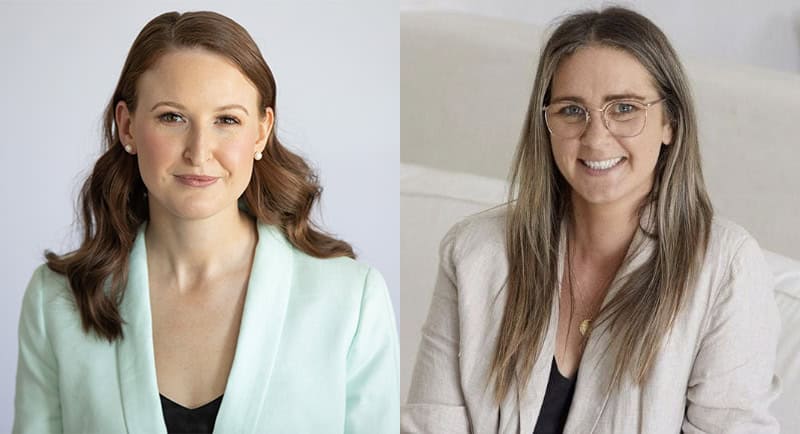“All great crises are the turning point for an organisation or for a situation to evolve into something better. To publicly be held to account is an opportunity to evolve, grow, and learn,” Odette Barry, founder of PR agency Odette & Co and host of Hack Your Own PR, tells Mediaweek.
Journalists at The Sydney Morning Herald, The Age, The Australian Financial Review, Brisbane Times and WAtoday walked off the job on Friday. The industry union, MEAA, has asked readers to not buy Nine newspapers or click on digital stories, and urged freelancers not to accept work from Nine during the strike, which is set to end tomorrow morning.
The union argues Nine is “spending hundreds of thousands of dollars wining and dining its top managers and their guests in Paris but says it needs to sack 90 journalists to save costs.”
Barry says: “It’s just so important that that people have the right and freedom to unionise, and to take action. What better time to disrupt?”
Picket lines and rallies were held outside Nine offices in Sydney, Melbourne, Brisbane, and Perth, with journalists appearing in matching t-shirts featuring a caricature of Sneesby running with the Olympic torch.
Phoebe Netto, founder and managing director of Pure Public Relations, tells Mediaweek that “in general, audiences tune in to a show of choice, not to a network or publisher. This means their opinions are formed about shows, presenters and social media content produced by programs – not of a media company as a whole.”
She adds that readers and viewers are able to “differentiate between the decisions made in boardrooms and the reputation of mastheads, programs, presenters and journalists.”
As a result, Netto says that given the “current reckoning of much of the media landscape” which is impacting multiple media outlets and networks, “those who are not involved in the industry will see these instances as being blended into one – rather than being owned by any particular network.”
Combined with layoffs across the industry, “and the negative sentiment to any one network is diluted.”
Both Seven and Nine have announced cuts in recent weeks – Nine is set to axe up to 200 jobs, and 150 jobs are on the line for Seven. In addition, News Corp’s ongoing restructuring will likely result in upwards of 100 redundancies.
“There is pressure on the media industry after the extraction of Meta’s support for news distribution, but equally the withdrawal of advertising dollars in the cost of living crisis,” said Barry.
“There’s a lot of pressure, but my understanding is that [Nine] is doing very well in terms of the broader landscape. It’s really important that profitable publications support the journalists that are working for them.”
Looking ahead, Netto said that audiences “have a relatively short-term memory when they control their remote or read their go-to news.”
“If we are served content that engages us and attract regular viewing or reading, then that is what will remain memorable – not issues.”
This is not the case for shareholders, advertisers, staff, and future hires. The reputation of the network as a whole will matter to them, and Netto said “strong financial performance and time will be what is needed to put those concerns behind them.”
Finally, Barry draws a line between the “incredible hard work that has gone into each of the athletes that have trained to prepare for operating at the most elite level in sport,” and the “journalists, editors, and news producers, who work incredibly hard on the daily to produce essential journalism for our democracy at an elite level.”
“They ought to be paid and remunerated for that,” she adds.
See also: Striking journos call for Sneesby to sacrifice bonuses and save jobs
–
Top image: Phoebe Netto and Odette Barry
